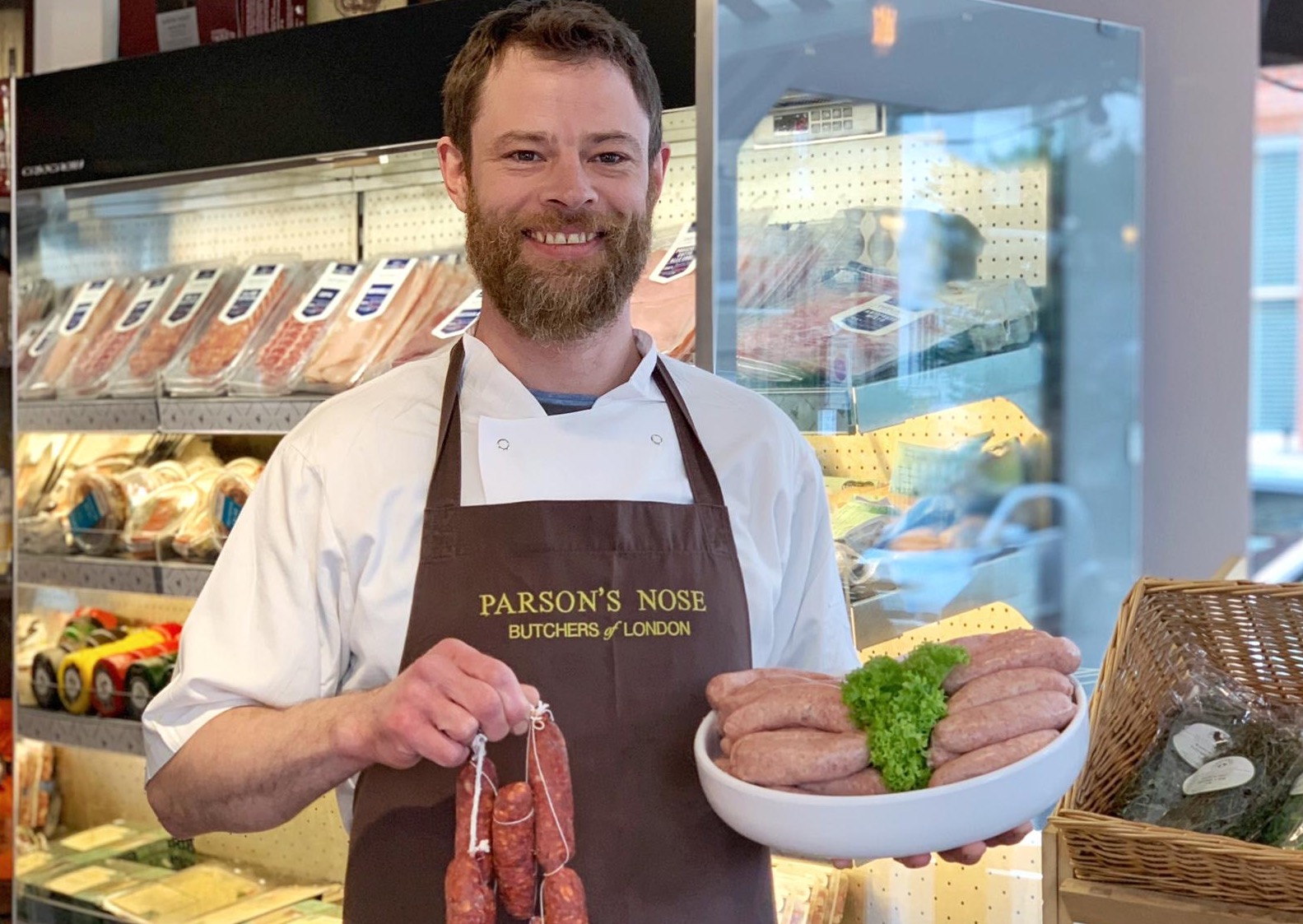Tristan Rutherford is an award-winning travel journalist whose work appears in The Times and The Daily Telegraph. His favourite foods are gravadlax and crisps.
In 1778 the United States invaded Great Britain. The American attack on the Cumberland port of Whitehaven was not an overwhelming success. The crew of Commander John Paul Jones’ USS Ranger were scared off by a fire alarm. Their thuggish Plan B - which involved abducting the Earl of Selkirk then ransoming him for American sailors - only succeeded in stealing His Lordship’s teapot. Plus a ceremonial plate that was returned to the Earl after the American War of Independence.
It’s no surprise that Commander Jones chose Cumberland. In the 1770s its principal port of Whitehaven was, after London, the second busiest harbour in England. Its 400 ships imported nutmeg from St Lucia, allspice from Barbados and pepper from India. Those flavours were woven into wieners by Whitehaven’s earlier migrants: a German community who worked the town’s mines.
The resulting Cumberland sausage was unlinked like an endlessly spiralling bratwurst. It was made with pork chopped, not minced, to offer mariners sustenance and heft. The sausages were then air-dried like Parma Ham for longevity. In short, the region’s circular banger was a coiling Andromeda of internationalism and spice.
Britain’s other regions highlighted local links. Sausages from Lincolnshire had parsley and sage from the marshy flatlands. West Country sausages contained cider. Welsh ones leeks and chives. (Heaven knows what the ancients would make of the SW6 Sausage made from a delicate blend of Italian herbs and mustard seeds.)
Alas, avarice not American invasion tarnished the Cumberland’s reputation. In 1964 the Cumberland pig, a weather-hardened fatty that provided the distinctive meat, became extinct as farmers turned to leaner, more docile and productive breeds. Worse still, meat content was reduced from 90% to nearer 45%. In the words of Cumberland Sausage Association: "Marketeers twigged that they could produce an inferior version elsewhere for less money but a lot more profit." The unique banger nearly had its shot its last.
After a long campaign to the European Union, the Cumberland was granted Protected Geographical Indication (PGI) status in 2011. As Britain’s only protected sausage it joins the ranks of Gorgonzola cheese, Melton Mowbray pork pies and Hungarian pálinka brandy as an intrinsically regional foodstuff.
As DEFRA’s shockingly wordy file on Cumberland’s states: “Seasonings vary according to butchers’ individual recipes but can only include combinations of the following spices: white pepper, black pepper, thyme, sage, nutmeg, mace and cayenne.” Those links across the seas remain.
Looking for the best sausages in London? You've found us. Welcome to Parson's Nose, an in-store and online butchers offering meat delivery across the capital. Whether you're looking for premium veg boxes, veal meat, London's finest fish or anything else, we're here to help.




-66e018ff8a7de.png)